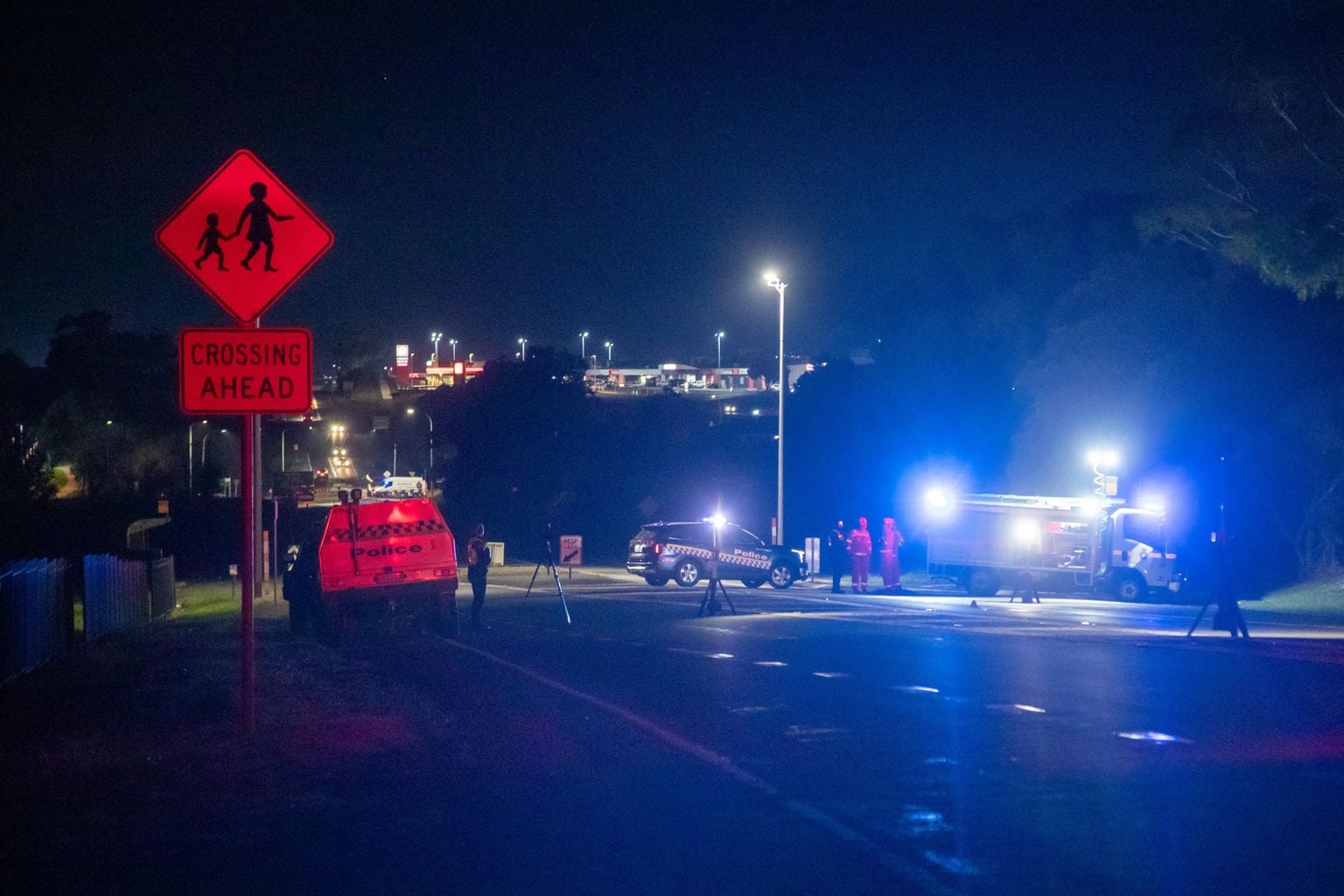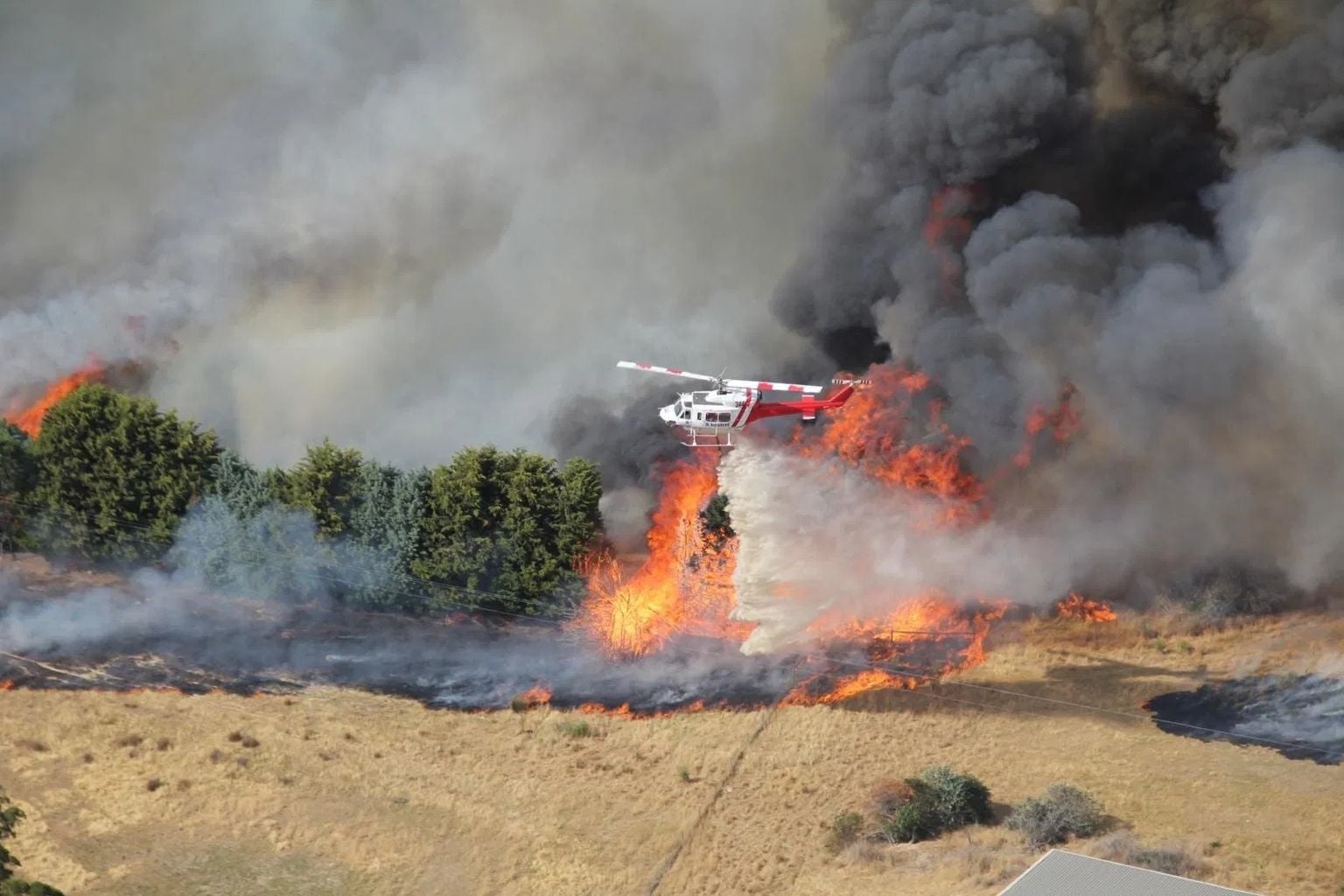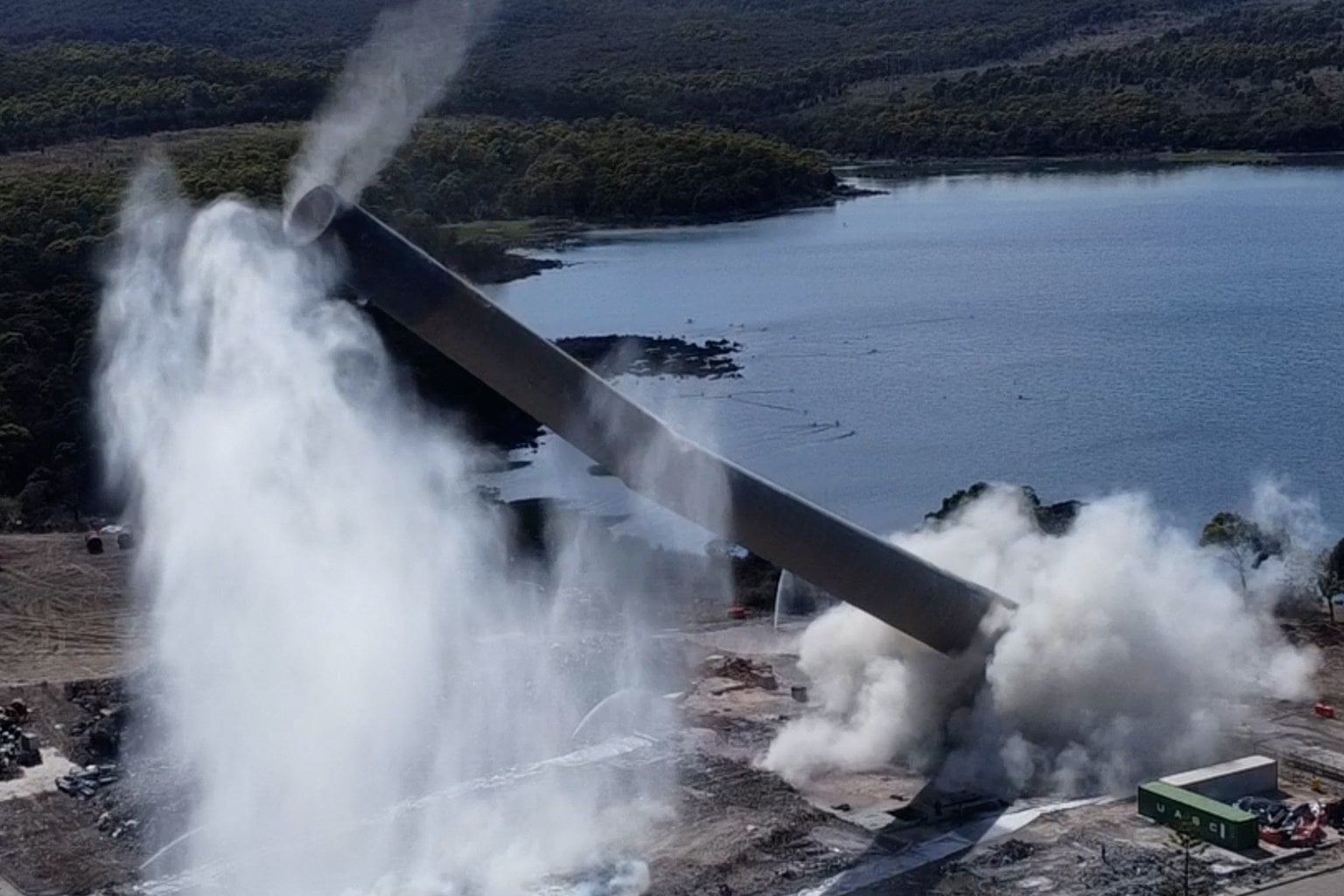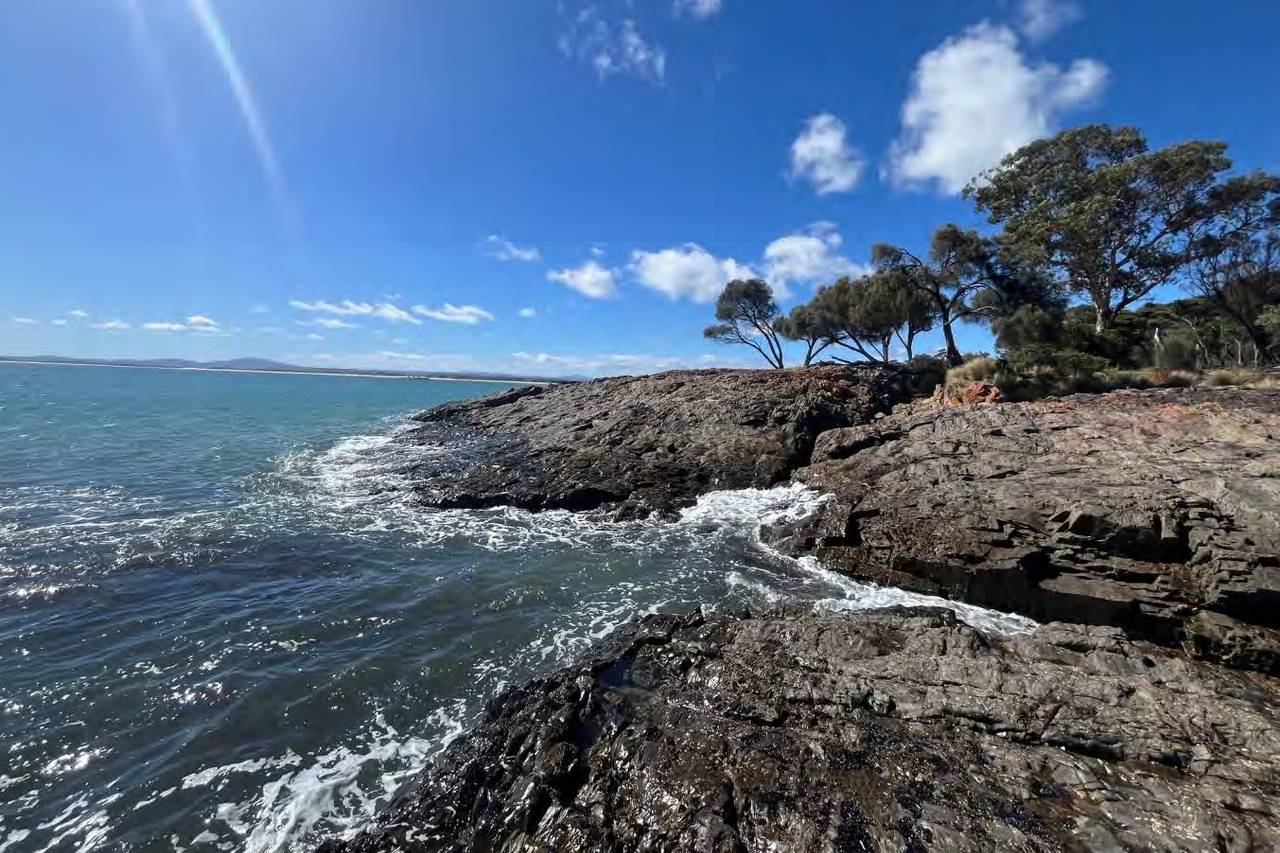A second toxic algal bloom has prompted health authorities to expand their warning against eating wild shellfish, this time including Mercury Passage on Tasmania’s east coast.
The Department of Health has added the passage to the list of areas where recreationally harvested shellfish – including mussels, oysters, clams, pipis, cockles, wedge shells, abalone and scallop roe – should not be eaten.
The update comes just a week after similar warnings were issued for Boomer Bay. Both alerts remain in place.
The Mercury Passage warning applies to waters north of Lachlan Island, south of a line between Lords Bluff and Île du Nord and east of Spring Beach.

The Boomer Bay alert covers Boomer Bay, Little Boomer Bay and areas east of Dunalley.
“Recreationally harvested shellfish should not be eaten because the algal toxins are harmful to humans,” the Department of Health said. “Seek medical help if you get sick after eating wild shellfish.”
Authorities say shellfish samples from both regions have shown elevated levels of naturally occurring toxins that can cause paralytic shellfish poisoning.
What makes these blooms particularly dangerous is their invisibility.
“You can’t see any change to the water when a harmful algal bloom is present. The water looks and smells normal,” the department states.
Symptoms of shellfish poisoning can appear within minutes to hours after eating contaminated shellfish. They include tingling or numbness, weakness, blurred vision, difficulty breathing, vomiting and diarrhoea.

Health officials are reminding the public that cooking or freezing shellfish does not destroy these toxins.
Anyone who experiences symptoms after eating wild shellfish is urged to head to the nearest emergency department or call 000 immediately.
While foraged shellfish from affected areas are off-limits, commercially available shellfish remain safe to eat.







